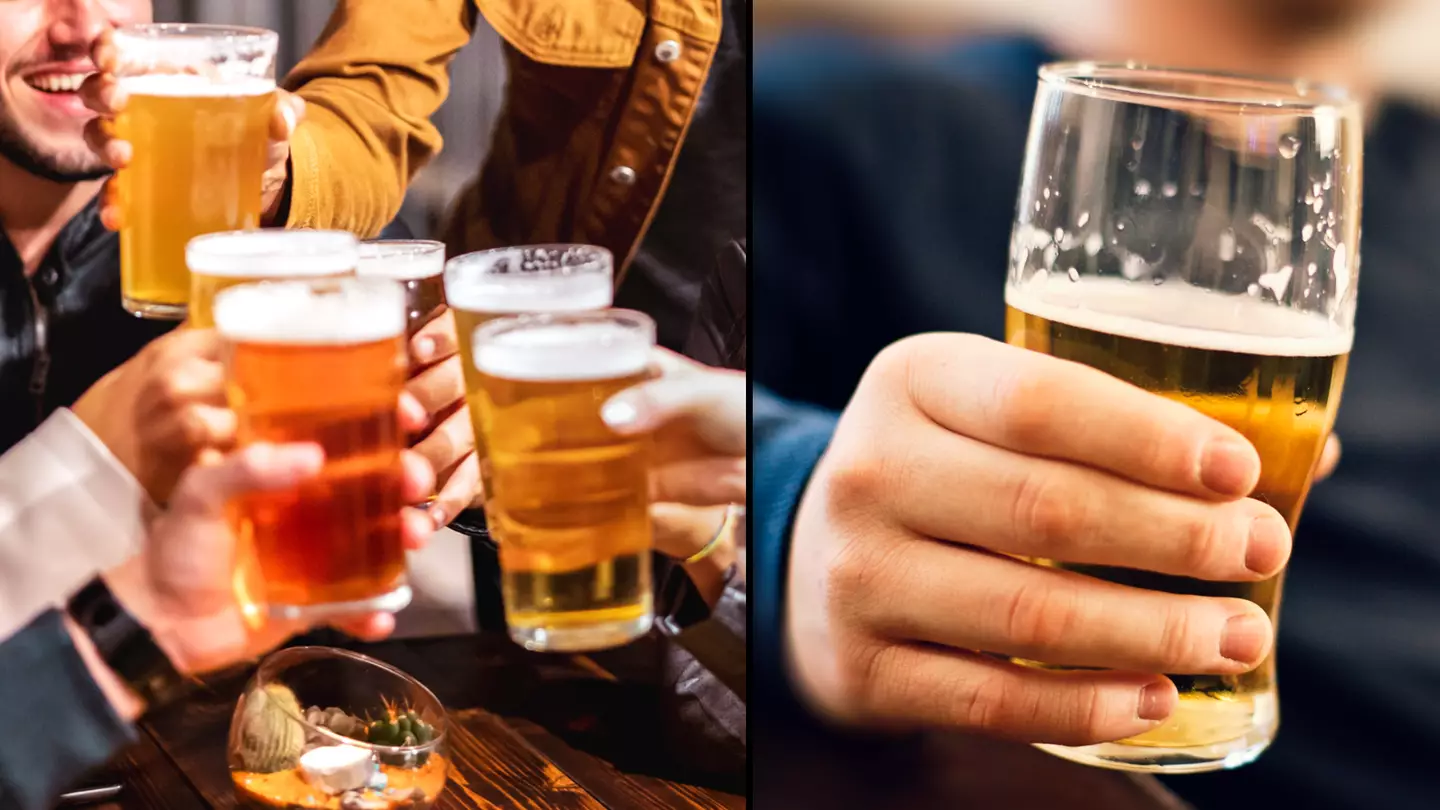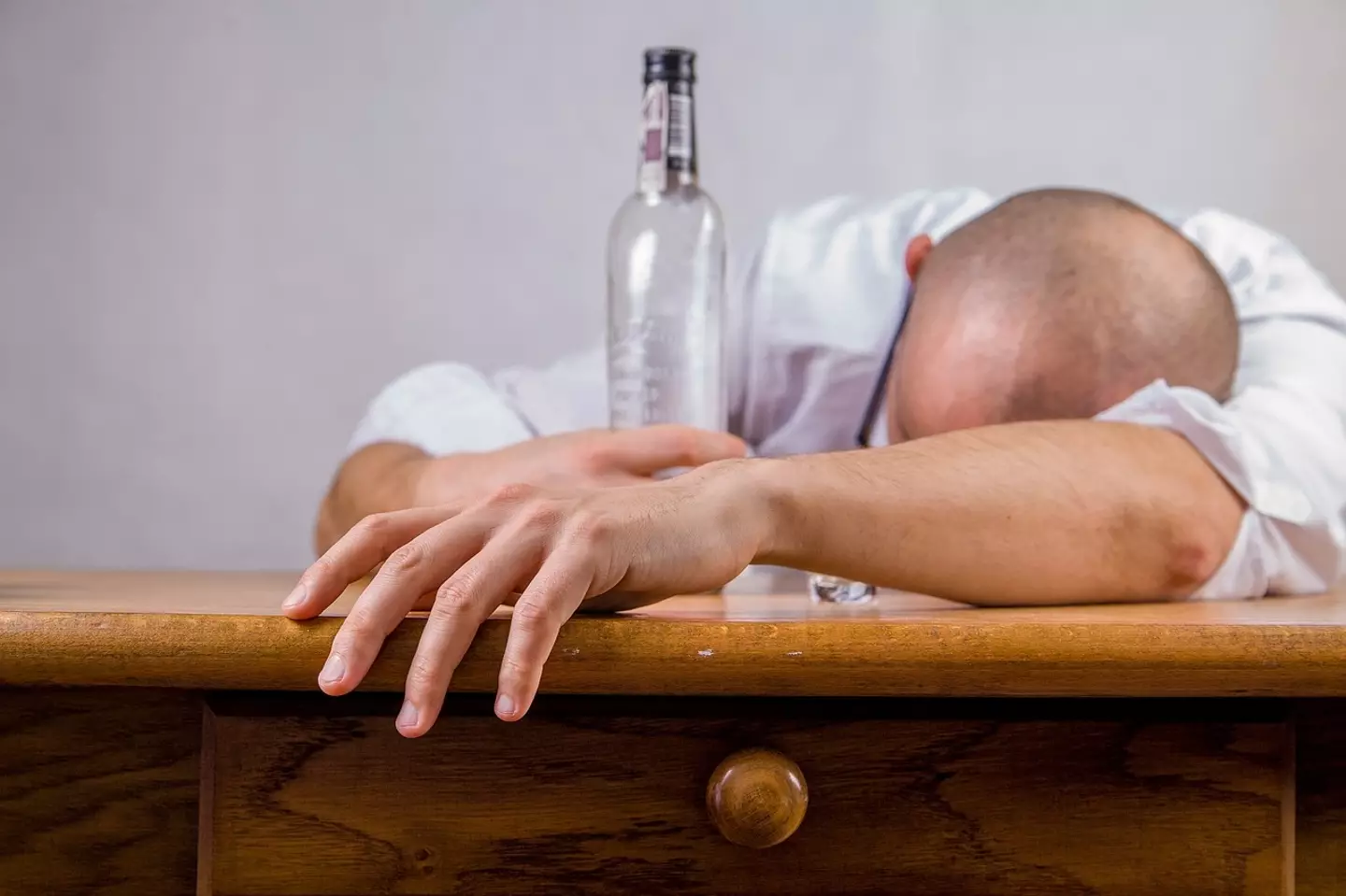
Most people like a tipple every now and then - especially during the festive season.
But how much is too much?
Of course, drinking over Christmas and New Years is typically normal in our society, but it’s when you exceed the celebratory drinks cycle and it drifts into everyday life where it can become an issue.
According to a study by Private Rehab Clinic Delamere, 61 percent of the UK drink too much during the holidays.
Advert
The experts at the clinic found that those who take part in binge drinking between Christmas and New Year will end up drinking 22 units or more of alcohol per week, spending around £62.55 on wine, £41.20 on beer, and £50 a week on cocktail drinks.
.jpg)
This has led the NHS to step in and provide UK citizens with a list of ‘red flags’ to watch out for when considering how much they drink.
With dangers such as being prone to accidents and health risks when overindulging during the holidays, the NHS warns that drinking more can ‘raise blood pressure’ and also damage your organs.
According to the NHS, signs of a functioning alcoholic may include being frequently intoxicated and smelling of booze, hiding alcohol in unusual places and losing control around alcohol use.
Advert
If you find yourself drinking between work, appointments, or topping yourself up to stay tipsy, this could be a sign of alcohol dependency.
And if you reward yourself after taking care of daily responsibilities or after a busy day at work or with the kids, this is also a red flag.
Mood changes are also something to be wary of, as if you become anxious, restless, irritable and unable to sleep if you cannot drink, it could show signs of dependency.
There are also a lot of people who like to start of the day with a drop of alcohol or after lunch in order to stave off alcohol withdrawal symptoms, drinking at social events and pre-drinking beforehand, and avoiding events that don’t revolve around drinking.

Advert
However, these are all dangerous things to participate in and indicate an underlying problem.
Other red flags to look out for include:
1) Drinking excessively alone at home or going to a car straight after work
2) Being defensive or flippant when confronted over their drinking
3) Denying they are an alcoholic and providing reasons
Advert
4) Using prescription pills and alcohol to function
5) Becoming erratic, spontaneous, angry whilst intoxicated
6) Experiencing an alcoholic blackout
7) Taking risks while drunk, such as driving or working
It was recently announced that new regulations will be coming into place, such as the introduction of ‘pint’ size wine.
Advert
If you or anyone you know has any issues with alcohol, don’t be afraid to reach out to a professional, friends and family.
Please drink responsibly. If you want to discuss any issues relating to alcohol in confidence, contact Drinkline on 0300 123 1110, 9am–8pm weekdays and 11am–4pm weekends for advice and support
Topics: News, Food And Drink, NHS, Health, Christmas
